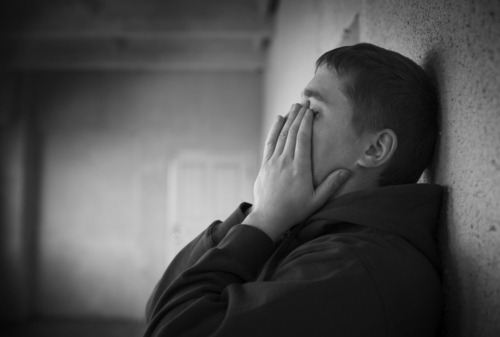
Being called out on behaviour that is deemed unacceptable is problematic
for a lot of people. Being called out doesn’t mean getting your feelings hurt
or someone pointing out something feeble. A lot of celebrities recently have
been called out for saying very problematic things that “uphold the oppression
of a marginalized group of people” (YouTube user Chescaleigh). For many of us
who say and do such things, it is a strong belief that what we say shouldn’t
concern anyone else. We believe it is our right to have freedom of speech because
the Canadian Charter of Rights
protects us. However, once a line is crossed, freedom of speech starts to
become downright insulting and offensive to a marginalized group of people,
whether it be members of a certain race, religion, gender, sexual orientation,
etc.
So how do you deal with being called out? How do you properly apologize
when someone informs you that you shouldn’t say or do what you just did? How do
you handle it when someone calls you out for using the n-word and you’re very
clearly not in any position to be using that word?
Here are a few tips to help make your apology sincere:
1. Don’t become defensive. If anything you
want to say sounds something like, “You take everything so personally,” or, “It
was just a joke,” or, “I didn’t mean it like that”—don’t even think about it.
It is just an indication that whatever else you are about to say will be just
as insincere.
2. Don’t
apologize and then try to justify your actions. Being downright
defensive is one thing, but if you say, “I’m sorry,” and the next word you say
is, “but,” do not go there. Chances are, you aren’t really sorry for what you
said.
3. Understand
where they’re coming from. What they feel is valid because they’re the ones being
oppressed, not you. Ignorance is not bliss. It just means you’re very unaware
of the social structures around you.
4. Don’t take it
personally. The oppression is enacted upon the person calling you out or on the
person you are making jokes about; calling you out is a way to teach you and
educate you—it’s not about trying to make you feel extremely guilty or a
personal attack.
5. Apologize
sincerely. Tell them you’re really sorry and that you didn’t know that it wasn’t
right to say something like that.
6. Make a
commitment to change. Say something along the lines of, “How can I help?” or,
“I won’t do it again! Thank you for informing me.”
7. Remember that
calling someone out isn’t simple. It isn’t easy for someone to gather the courage and
confront you about the things you say that are offensive and oppressive.
8. Work on ways
to help others and be a strong ally to those facing oppression by the greater
social structures around us. Being called out is a way to remind you and
make you more aware. It’s to help you change. What we’ve been taught is
something we all have to unlearn. It will take time, but always be a strong
ally to those around you facing oppression.


